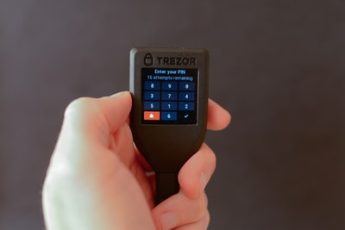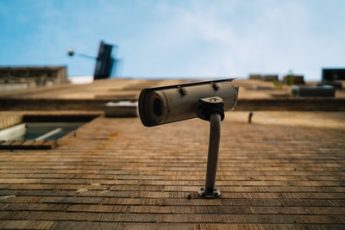Today, even important transactions involving money and sensitive data must be conducted online. Customers expect a secure environment in which to perform their transactions. An online breach detection system is a security tool that monitors networks, which allows companies to know immediately if there is any suspicious activity.
The National Payment and Clearing Systems (NCSA) Clearing House, in 2006, established the Security Information and Analysis Center (SIAC). Five years later, the Clearing House is once again launching a project to improve the security of its website and billing systems.

The new project, called “Scenarios,” challenges companies to “implement practical solutions for information security,” including measures to secure customer identities and payments. In response, the Clearing House is offering a free downloadable set of 12 scenarios earlier this year.
One of the concepts in the new project is that if a company establishes IT security rules, implement those rules and then teach employees how to behave, even if those actions result in security breaches.
Gillibrand told the Web Developers Choice Conference that the new project will help companies identify and respond to security breaches.
“Companies really have to take the leap from here to look at how do we measure up to those standards and also how do we enforce them,” said Gillibrand. “Because if we don’t get it right the first time, we’re probably going to get it right the second time.”
Under the new project, Gillibrand said she hopes companies will be better prepared to help customers if their data is compromised. She added that, through the new project, she hopes companies will be better equipped with data and advance the protection techniques that prevent data breaches.
Another task of the new project will be to create “data commons” where developers can share data and learn from each other. Gillibrand said she hopes to have more news on when the new project will be live soon.
Gillibrand also addressed the issue of cybersecurity when she was questioned about possible appointees to key government positions. Gillibrand said she would nominate only “common-sense” people for important administration jobs.
“I want to go out and I want to tell you I think you all want to appointees who will represent the reality of cyber,” she said. “Not somebody who has a law degree, who spent years at the bank suing people.”
Gillibrand, a freshman Senator from New York, is known as a rising star in the party and is widely considered a potential vice presidential candidate in 2008.
(Visitor 1:00pm)
Http://www.informationweek.com/story/showArticle.jsp?articleID=201800250
“If you spend any time at all online, today is a must-visit,” said Gillibrand. “I think you’ll find that not only can you surf the web at home without putting you computer in an risk, but also put your mind and soul out there.”
Gillibrand has performed as a paid pundit on cable news channels, often urging lawmakers to increase national security and cybersecurity funding. In June, she sent a letter to Defense Secretary Robert Gates requesting additional money for the Pentagon’s cyber command, which was set up to deter hackers and defend networks.
In the letter, Gillibrand stressed that increased funding was needed “in order to provide the necessary safeguards against cyberattacks, [and to] prevent cyberwarfare from emerging from behind the firewall to achieve decisive victory over nations and international organizations.” She also wrote to Gates requesting a meeting to discuss the growing threat of cyberwar and encourage him to meet his pledge to boost the defense budget.
Gillibrand believes that same cyberwarrior instinct that inspires Capt. John Thomas, USMC, to risk his life in combatting terrorism and protecting the nation in the Pentagon’s cyberwarrior institutes.
“I think we need to harness that,” she said when asked about potential political repercussions in the event of a cyberattack. “I think we need to be very much on guard against these kinds of attacks.”
Gillibrand believes the U.S. Congress, which has jurisdiction over international agreements, has the authority to set precedents for international cyber cooperation and that the next step in that process is a robust “robust reporting mechanism” that would give the public access to the work of the UN cyber police.
“I think there’s a real possibility that we’re going to be precursor to something very significant,” she said. “We’re at a very erratic time in history. We have a lot of powerful technologies, and we have a president who seems to be unraveling the fabric of what we’ve learned about this world.”
She added: “I think there’s a real need, actually, for these kinds of mechanisms because we are at a very pivotal moment in history.”













